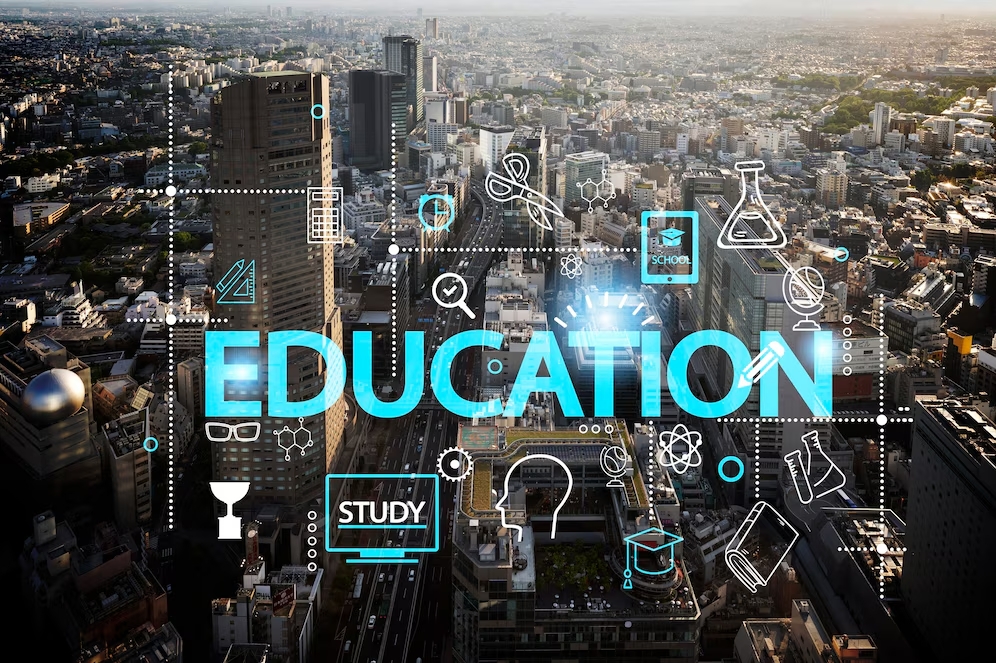In today’s rapidly evolving world, education must adapt to meet the needs of learners in innovative ways. Recognizing this imperative, the HECOF Project: Higher Education Classroom Of the Future is revolutionizing higher education through new pedagogical models and technological advancements.
Let’s explore the innovative aspects of the HECOF project and learn how it is poised to transform the landscape of education.
Innovative Pedagogical Model:
Education in the 21st century demands a departure from traditional teaching methods towards personalized, adaptive learning approaches. HECOF is at the forefront of this transformation, pioneering the application of personalized adaptive learning in Chemical Engineering laboratory courses. By leveraging immersive environments and AI technologies, HECOF is developing an innovative pedagogical model that tailors learning experiences to individual students’ needs, preferences, and learning styles in real-time. This approach enhances engagement and understanding as well as empowers educators to guide students towards mastery effectively.
Technological Innovation:
HECOF is not only reimagining pedagogy but also advancing the state-of-the-art in educational technology. Through collaborative efforts with students and teaching staff, HECOF is developing an EdTech solution that integrates machine learning, deep learning, and predictive analytics into interactive learning environments. This solution will provide instantaneous assessment and feedback based on learners’ competencies, profiles, and collaboration efficiency. Moreover, the integration of virtual reality (VR) technology will enable dynamic adaptation of educational content, immersing students in immersive learning experiences tailored to their individual needs.
One of the most remarkable aspects of the HECOF project is its commitment to maintaining human oversight in the learning process. Despite the integration of cutting-edge technologies, HECOF emphasizes a “Teacher-over-the-loop” approach, ensuring that educators will remain central to the learning journey. This fusion of technology and human expertise ensures that learners receive personalized support and guidance, enhancing the effectiveness of the educational experience.
Conclusion:
The HECOF project represents a paradigm shift in higher education, redefining the boundaries of pedagogy and technology integration. By embracing personalized adaptive learning and leveraging innovative technologies, HECOF will empower learners, educators, and policymakers alike by laying the groundwork for a future where education is truly inclusive, engaging, and transformative.
